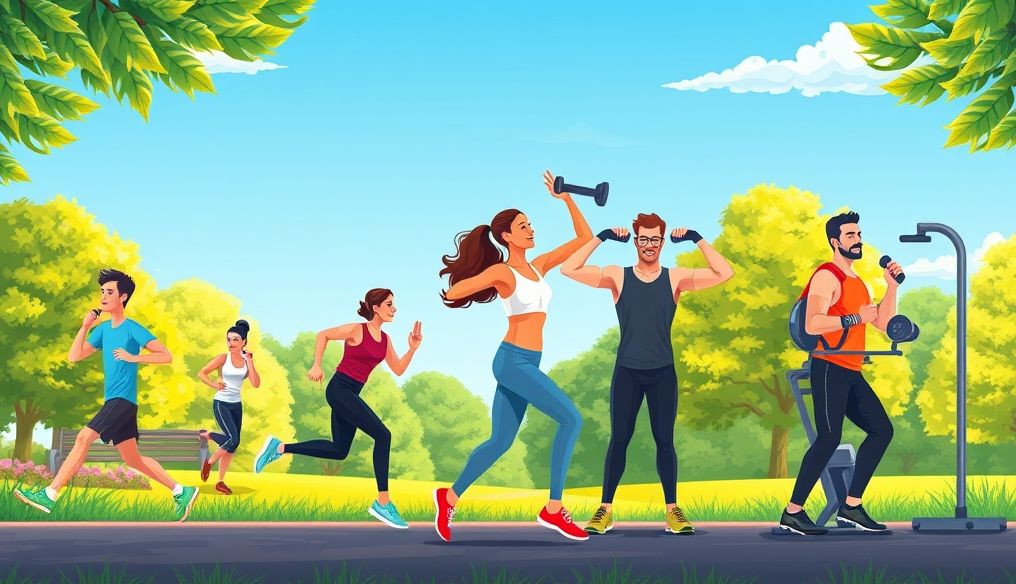What is Critical Thinking and Why is it Important?
Critical thinking is the ability to analyze information objectively, evaluate arguments, and assess evidence to make informed decisions. It goes beyond simply absorbing facts and involves the ability to question assumptions, identify biases, and evaluate different perspectives.
The importance of critical thinking lies in:
- Problem Solving: It helps you identify the real problems and find innovative and effective solutions.
- Decision Making: It enables you to evaluate different options and make informed decisions based on evidence and logic.
- Effective Communication: It helps you express your ideas clearly and persuasively and understand the perspectives of others.
- Academic and Professional Success: It is considered an essential skill for students and professionals in all fields.
- Self-Awareness: It helps you understand your biases, strengths, and weaknesses.
Basic Principles of Critical Thinking
There are several basic principles that guide critical thinking:
- Clarity: Your thoughts must be clear and specific.
- Accuracy: Your information must be accurate and correct.
- Relevance: The information must be relevant to the topic at hand.
- Depth: You must delve into the topic and examine it from different angles.
- Breadth: You must consider all relevant perspectives.
- Logic: Your arguments must be logical and coherent.
- Fairness: You must be fair and objective in evaluating information.
How to Develop Critical Thinking Skills?
Developing critical thinking skills requires practice and conscious effort. Here are some strategies you can follow:
1. Ask Questions
Do not accept information at face value. Ask yourself:
- What evidence supports this claim?
- What assumptions underlie this claim?
- Are there other perspectives to consider?
- What are the implications of this claim?
Example: Instead of accepting a commercial that claims a product is "the best," ask yourself: "What criteria did they use to determine that it is the best?" and "Are there other products that might be better?"
2. Analyze Information
Analyze information carefully to identify facts, opinions, assumptions, and biases. Use reliable sources to verify the accuracy of the information.
Example: When reading a news article, try to identify whether the writer is presenting facts or personal opinions. Look for other sources of information to verify the facts.
3. Evaluate Arguments
Evaluate the arguments presented to determine whether they are logical and coherent. Look for logical fallacies, such as:
- Hasty Generalization: Drawing conclusions based on a small sample.
- Straw Man: Distorting the opponent's argument to make it easier to attack.
- Appeal to Authority: Relying on the opinion of a person in authority as evidence of the truth of the claim.
Example: If someone says, "All politicians are liars," this is a hasty generalization. Not all politicians are liars, and there are many honest politicians.
4. Seek Different Perspectives
Do not limit yourself to your own point of view. Seek different perspectives and try to understand them. This will help you see the bigger picture and make more informed decisions.
Example: When discussing a political issue, try to read articles from different sources with different opinions. This will help you understand the issue from different angles.
5. Practice Problem Solving
Look for opportunities to solve complex problems. This will help you develop your critical thinking and decision-making skills.
Example: Try solving puzzles or brain games. Participate in discussions and try to find solutions to the problems you face in your daily life.
6. Learn from Your Mistakes
We all make mistakes. Learn from your mistakes and try to avoid repeating them in the future. This will help you become a better critical thinker.
Example: If you made a bad decision, try to analyze why you made that decision and how you can make better decisions in the future.
7. Cultivate Curiosity
Be curious about the world around you. Ask questions and look for answers. This will help you expand your knowledge and understanding of the world.
Example: Read books and articles, watch documentaries, and talk to people from different backgrounds.
8. Develop Active Listening Skills
Active listening is the ability to fully focus on the speaker and understand what they are saying. This includes asking clarifying questions, summarizing what the speaker has said, and expressing empathy.
Example: When listening to someone, avoid interrupting them or thinking about your response before they finish speaking. Focus on understanding what they are saying and try to see things from their perspective.
9. Use Critical Thinking Tools
There are many tools that can help you develop critical thinking skills, such as:
- Mind Maps: Help you organize your thoughts and identify the relationships between them.
- SWOT Analysis: Helps you evaluate strengths, weaknesses, opportunities, and threats.
- Root Cause Analysis: Helps you identify the root causes of problems.
10. Be Willing to Change Your Mind
Critical thinking does not mean sticking to your opinions. Be willing to change your mind if you are presented with new evidence or different perspectives.
Example: If you believe something is true, but you are presented with strong evidence that it is not true, be willing to change your mind.
Critical Thinking in Different Areas of Life
Critical thinking is not just an academic skill. It is an essential skill for success in all areas of life:
- At Work: It helps you solve problems, make decisions, and improve productivity.
- In Relationships: It helps you communicate effectively, understand the perspectives of others, and resolve conflicts.
- In Personal Life: It helps you make informed decisions about your health, finances, and future.
Conclusion
Developing critical thinking skills is an investment in yourself. By practicing the strategies mentioned above, you can become a better critical thinker, make more informed decisions, and achieve success in all areas of your life.
Statistics and Figures:
- Studies show that people with critical thinking skills are more likely to succeed in their careers and personal lives.
- Research has shown that critical thinking training can improve students' academic performance.
Practical Tips:
- Set aside time each day to practice critical thinking.
- Discuss ideas with others and try to understand their perspectives.
- Read books and articles that challenge your thinking.




